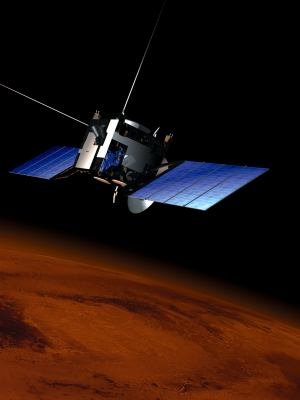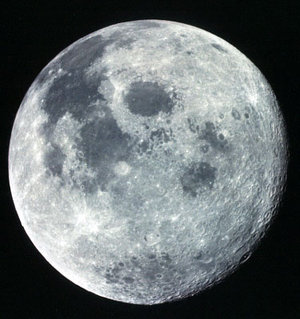29 December
1989: On 29 December 1989, Hermann Julius Oberth died.
Oberth was a German scientist who is considered to be one of the founders of modern astronautics.
During World War I he drew up a design for a long-range, liquid-propellant rocket. The German War Ministry rejected it as fantasy. In 1922, Oberth's PhD dissertation on his rocket design was rejected by the University of Heidelberg.
He gained recognition when he published it in 1923 as Die Rakete zu den Planetenräumen ('The Rocket into Interplanetary Space'), which explained mathematically how rockets could achieve a speed that would allow them to escape Earth's gravitational pull.
In 1931, Oberth received a Romanian patent for a liquid-propellant rocket. His first rocket was launched on 7 May 1931, near Berlin.
In the 1930s, Oberth took on a young assistant who would later become one of the leading scientists in rocketry research for the German and then the United States governments: Werhner von Braun.
They worked together again during the Second World War, developing the V2 rocket, and again after the war, in the United States at the US Army’s Ballistic Missile Agency in Huntsville, Alabama. Three years later Professor Oberth retired and returned to Germany.















 Germany
Germany
 Austria
Austria
 Belgium
Belgium
 Denmark
Denmark
 Spain
Spain
 Estonia
Estonia
 Finland
Finland
 France
France
 Greece
Greece
 Hungary
Hungary
 Ireland
Ireland
 Italy
Italy
 Luxembourg
Luxembourg
 Norway
Norway
 The Netherlands
The Netherlands
 Poland
Poland
 Portugal
Portugal
 Czechia
Czechia
 Romania
Romania
 United Kingdom
United Kingdom
 Slovenia
Slovenia
 Sweden
Sweden
 Switzerland
Switzerland

































